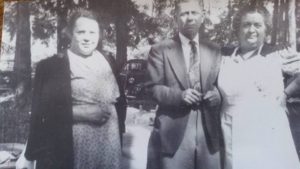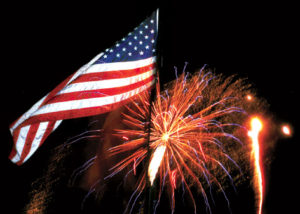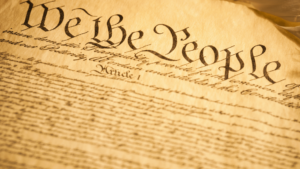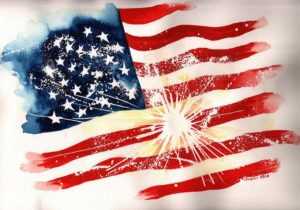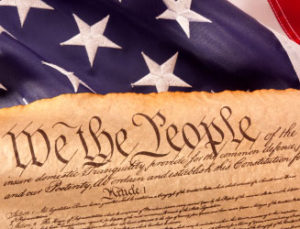Forty years ago, on the Fourth of July, 1978, I walked into my house and got the news from my wife.
My grandmother had just passed away. She is the one on the right in the picture above. My reaction kind of surprised me then: She was in her 80s and I knew she had been sick; still, I put my arms on the fireplace mantle and sobbed, cried like a baby.
The picture, by the way, is of three of my grandparents. There was Diamontula Filipu and her husband, George, my mom’s parents; the lady on the left is my dad’s mother, Katina Kanelis.
This is a poignant remembrance. For starters, I always remember Yiayia’s death, as she did die on the anniversary of the birth of her adopted home country. My wife reminded me a few days after learning of Yiayia’s death that she picked the Fourth of July just to be sure I’d remember.
We called her Yiayia, because that’s Greek for “grandmother.” Indeed, her southeast Portland, Ore., neighbors called her Yiayia; the store clerks did, too. The mailman, the milkman called her Yiayia.
I have referred to Yiayia in previous blogs as a “great American.” She was a diminutive patriot who stood taller than anyone around her when she talked about her country.
She emigrated here from Turkey in the early 20th century. Her husband, my Papou George, already had relocated to Portland to await Yiayia’s arrival. She got off the boat at Ellis Island in New York City, processed through immigration, then asked someone how long it would take her to get to Portland. The person she asked presumed she meant Portland, Maine, and told her it would take about four hours.
Four days later, she ambled off the train on the other side of a vast nation. Intrepid? Yeah, she embodied the meaning of the term.
She shares this date of Earthly departure with two other great Americans: Presidents John Adams and Thomas Jefferson, both of whom died on the same day, July 4, 1826 — precisely 50 years after the nation they helped create came into being.
I hold up Yiayia’s American greatness to any who have lived in this country. Whether they were born here or came here of their own volition, Yiayia stood tall among them.
She never returned to her native Turkey. She always said she was “home” and had no desire to return to where she entered this world as an ethnic Greek in what the current president of the United States might call a “sh**hole” country.
She might not have been allowed into this country that seeks a “merit-based” immigration system. She lacked formal education. She didn’t have any professional skills that I can recall. She merely was a loving wife, mother and grandmother. My sisters and I spent much time with her, playing silly games and laughing at stories she would tell about her beloved husband, George, who died when I was a baby.
Yiayia also was a patriot. She adored FDR and JFK.
I miss her to this day. So should the country she loved with all her heart.
